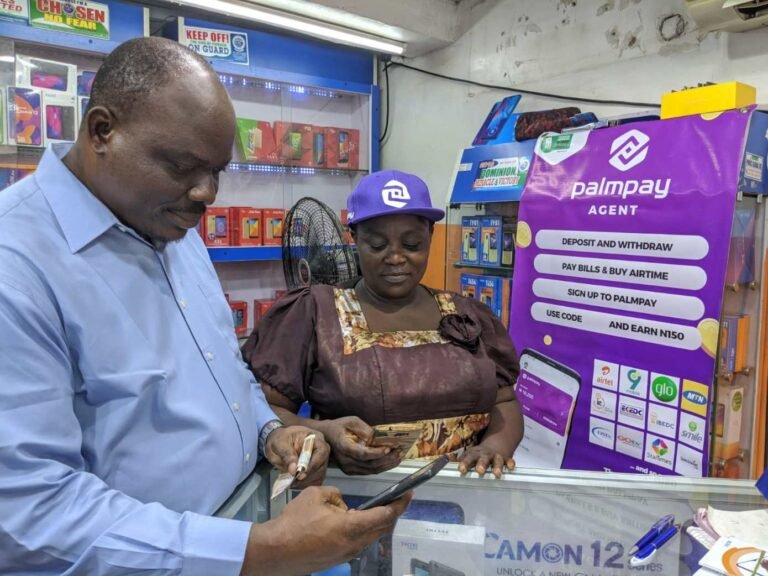This was revealed during the release of the end-of-year report on venture capital investments in Africa.
Further checks in Crunchbase and Tracxn — platforms that track funding rounds in startups and private companies globally — reveal that the company closed the round in August 2021.
PalmPay came into Nigeria’s payments scene in June 2019. Five months later, it launched with a $40 million seed round — the largest of its kind on the continent — from Chinese investors such as Chinese phone-maker Transsion via its Tecno subsidiary, NetEase and wireless communications hardware firm Mediatek.
The startup also took money from Chinese investors for its Series A round, the second largest of its kind after unicorn Wave’s $200 million.
The investors that participated in the round include China-based Chuangshi Capital, Yunshi Equity Investment Management, Trust Capital, Chengyu Capital and private equity fund AfricaInvest.
PalmPay offers different financial services to individual consumers and merchants. It provides merchants, via its PalmPartner app, with online payment and offline POS-acquiring services and plans to introduce digital marketing services soon.
There’s a gamut of services for consumers that include no-fee payment options, low-cost transfers, bill payments, rewards programs and discounted airtime.
Since the launch in Nigeria in 2019, PalmPay has expanded to Ghana, serving over 5 million users, per information on its website. According to some sources, PalmPay monthly transaction volume stood at over $100 million as of June 2021.
Critical to PalmPay’s growth, at least in Nigeria, is its partnership with Chinese mobile brands Tecno, Infinx and itel, which according to TechCrunch’s report in 2019, includes pre-installation of the startup’s app on 20 million phones.
PalmPay, in a 2019 statement, said it was working to become Africa’s largest financial services platform. That’s why it made the push into Ghana. But there remains more work to be done to become the dominant player in a mobile payment space that is seriously heating up.
For instance, its main competition, SoftBank Vision Fund 2 and Sequoia Capital China-backed OPay, has 8 million users with monthly transaction volumes exceeding $3 billion, per information from its last funding round. The unicorn has a presence in Nigeria and Egypt.
This round was part of equity mega-rounds that closed in Africa last year that includes Flutterwave, TymeBank, Chipper Cash, OPay, Andela, Wave, MNT-Halan and JUMO.




